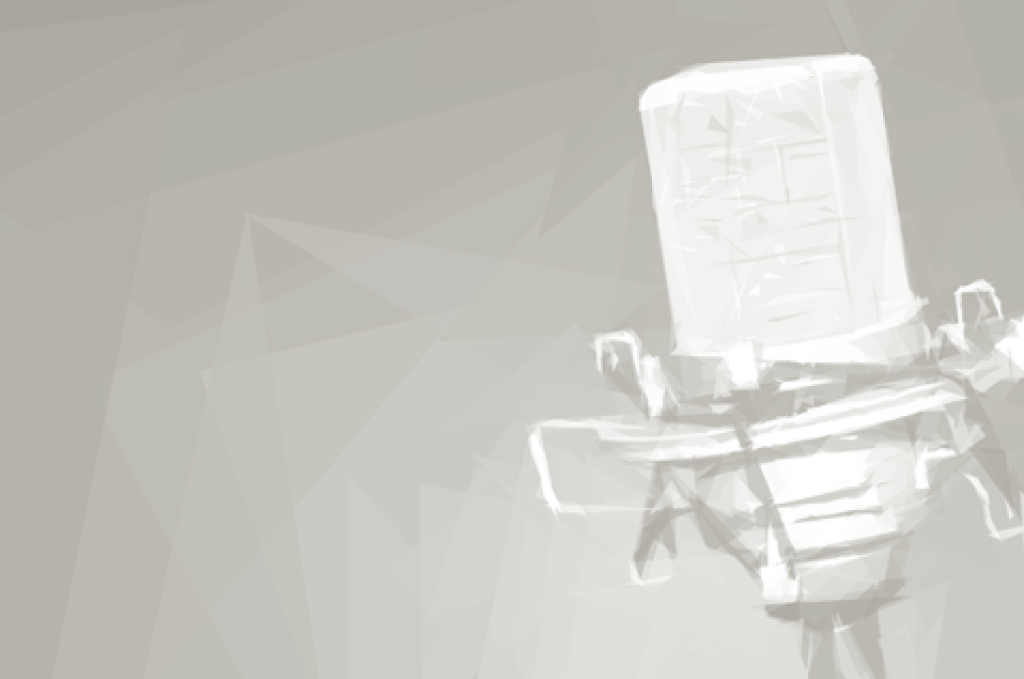During Mandela’s presidential years South Africa played an active role in the reshaping of the OAU that culminated in the launch in Durban in 2002 of the African Union with new systems and structures to match the continent’s post-liberation demands. It was a collective effort in which Mandela played an influential part.
His coming into the OAU had a profound influence in the OAU itself, because here was a man that the OAU and the member states had worked with over the years right from the beginning when Umkhonto Wesizwe was established. He had been to many African countries before his arrest. And when he was in prison the OAU played an important role in supporting the struggle for his release and that of other political prisoners, as well as the struggle in South Africa. So for this man who was also a world icon to be part of the OAU had a tremendous impact.613

He bought his own thinking, in looking at issues of development now that decolonisation was more or less over
But he also reinforced the emergent new emphases in the OAU in terms of looking at issues of development now that decolonisation was more or less over, and the sense that Africans had to be more independent. He was also very outspoken on issues of democracy and leaders’ terms of office. His personal impact on the organization can be seen, among others, from the fact that when he died they named the plenary hall in Ethiopia at the OAU headquarters, the Nelson Mandela Hall – their argument was that he had represented everything that Africa should be or should be doing.614
At each Summit that he addressed, Mandela put the weight – and resources – of South Africa behind the interrelated issues of development, democracy and peace guiding the transformation of the OAU and in particular on the development of African institutions to promote these goals. That was at the heart of his address to the 1996 Summit.
Long years ago, the founding fathers asserted the interconnectedness of the elements that make up a better life: freedom, human rights and social justice.
It is a matter of proud record that among the most successful of this august body's campaigns in the past year has been the contribution to the holding of elections in a number of countries where the will of the people was asserted. On the agenda of this and future sessions, the question of appropriate mechanism to guarantee human and people's rights on the continent will come under scrutiny. And so will the successes and failures in preventing, managing and resolving conflict.
In 1998, at the his last OAU Summit as president of South Africa, Mandela cast these imperatives as a defining challenge for the next generation of African leaders.
[Our] common destiny requires that we should treat the question of peace and stability on our Continent as a common challenge.
Accordingly, I believe that we must all accept that we cannot abuse the concept of national sovereignty to deny the rest of the Continent the right and duty to intervene when, behind those sovereign boundaries, people are being slaughtered to protect tyranny. …
In this context, we must frankly assess whether our Central Organ for the Prevention, Management and Resolution of Conflicts is succeeding to meet the hopes of our Organisation and peoples . ...
Our cooperation and integration is a fundamental precondition of the economic success of each of our countries, as is the pursuit of people-centred economic policies in each of our countries.
We must therefore build on the decisions we have taken about the African Economic Community as well as the reality of the regional economic units we have formed in various parts of our Continent.
Clearly, and as a matter of urgency, we must also find ways of acting together with regard to our relations with such important institutions as the World Bank, the IMF and the WTO.
Among the issues on our agenda with these institutions would be the African debt, infrastructure development, capacity building and greater African participation in the world economy.
The matter of the renegotiation of the Lomé Convention with the European Union is another issue which we must handle both seriously and with the necessary sense of urgency. …
The current conjuncture presents our Continent with many exciting possibilities.
What is clear is that we will not be able to exploit these possibilities unless we ensure that the OAU, as an organisation, is able effectively to lead our Continent. We recognise what has already been achieved. ... At the same time we remain aware of what still needs to be done.
